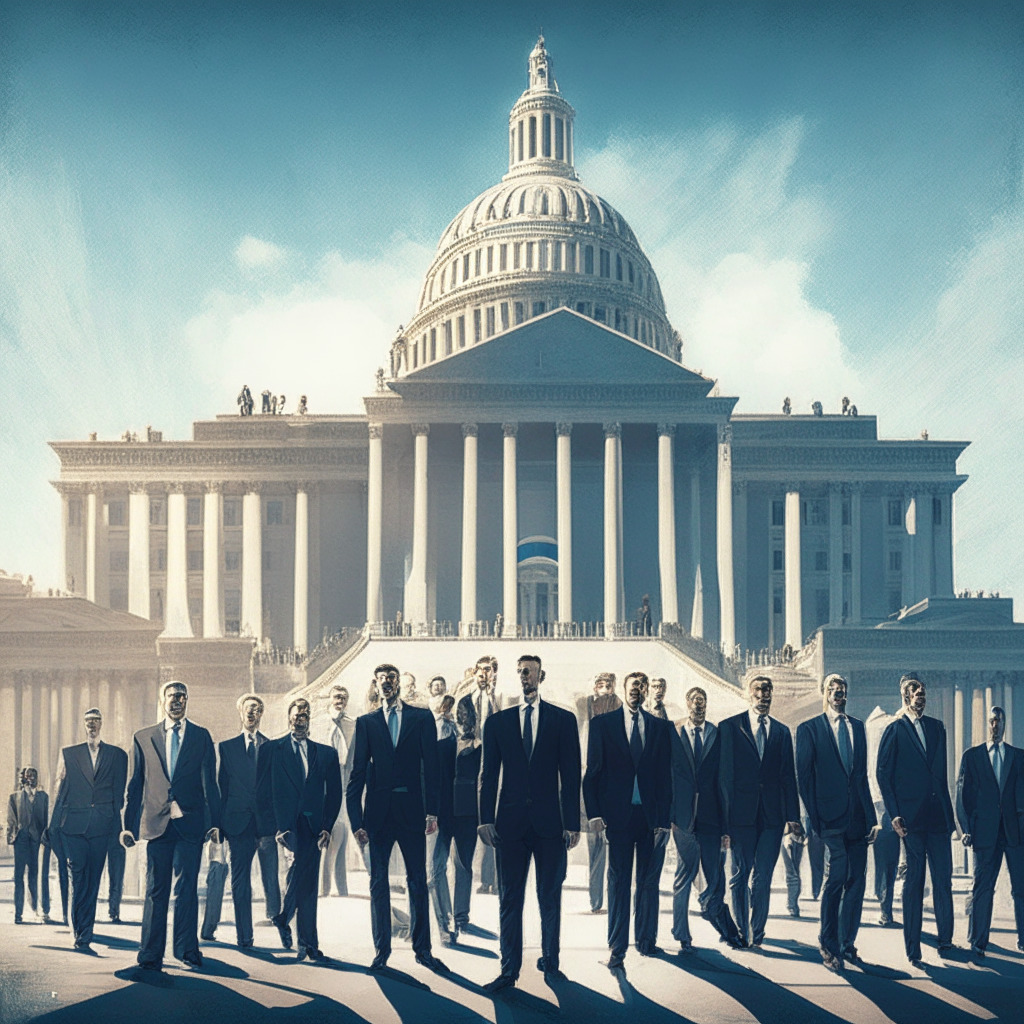While the world of cryptocurrency is steadily growing, it stands at a crossroads in terms of regulatory frameworks, particularly in the United States. This is a situation that Senator Kirsten Gillibrand hopes to address as she works tirelessly, pushing her Democrat colleagues for consensus on this tech-savvy frontier. According to her, the journey of digital asset regulations is set to transcend the lines of partisanship, focusing instead on the clarity it promises to investors enveloped by the currency sector’s legislative ambiguity.
Communication and careful socialization of the core ideas contained within the proposed bill are key to garnering bipartisan support, envisages Gillibrand. This proposed legislation, designed to address the unintended effects of weak regulatory measures, witnesses Gillibrand aligning her efforts with crypto sceptics like Senator Elizabeth Warren and Senator Sherrod Brown.
In the grand scheme of things, Gillibrand’s push echoes the global trend for crypto regulations, thus resonating with a broader cadre of Democrat lawmakers. Partnering with Senator Cynthia Lummis, the two lawmakers have introduced a brand new crypto bill, named the Responsible Financial Innovation Act.
This Act could revolutionize how digital assets are treated, shifting their bulk from the purview of SEC to the Commodity Futures Trading Commission, effectively classifying most crypto assets as commodities. Unveiling a progressive move after last year’s tumultuous crypto scene, Senators Lummis and Gillibrand are hopeful for a successful bipartisan attempt to see the bill through.
The landscape of America’s cryptocurrency industry remains turbulent as both SEC and the CFTC continue their regulatory crusade. As a result, a bizarre regulatory gridlock ensues as two of the industry’s major players Coinbase and Binance, are now caught amidst lawsuits put forth by SEC. These legal battles only serve to further obscure the already clouded scene of America’s crypto market.
Complications ensue as multiple industry players turn to the courts in search of some semblance of regulatory clarity, igniting another round of opposing views. This enigmatic state of affairs has led some analysts and policymakers to express fears of potential crypto migration from the United States to countries with unambiguous regulatory policies.
The recent victories of Ripple and Grayscale over the SEC, however, offer a sliver of hope for enthusiasts and market players alike about the potential of a more modern and innovative financial industry.
Source: Cryptonews




